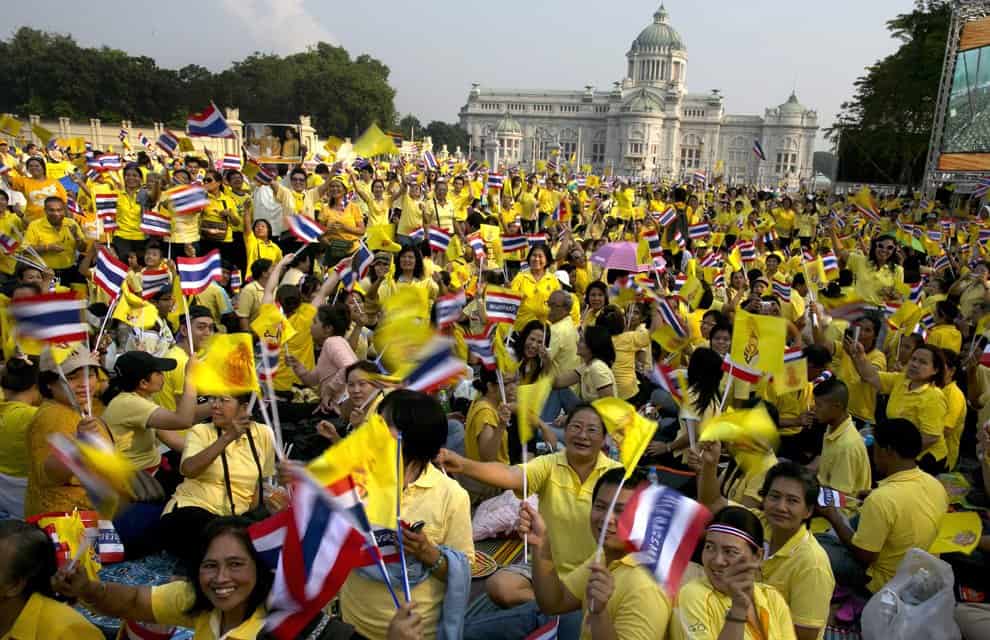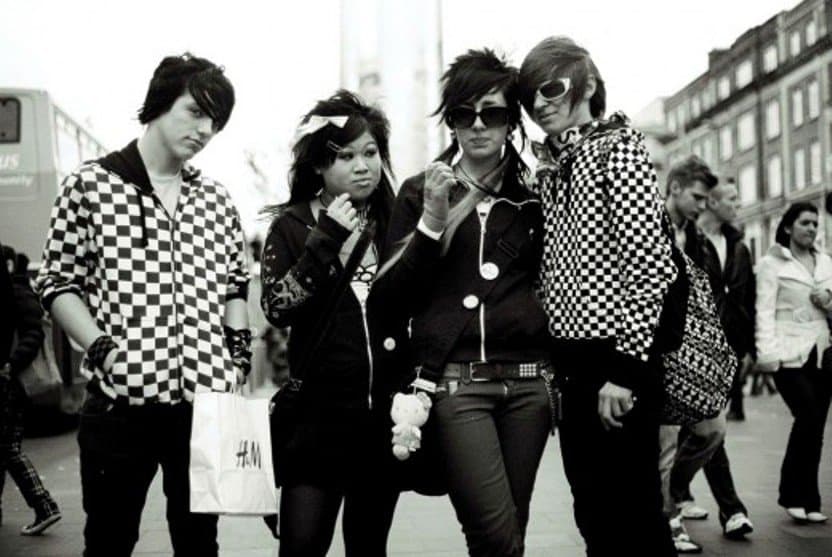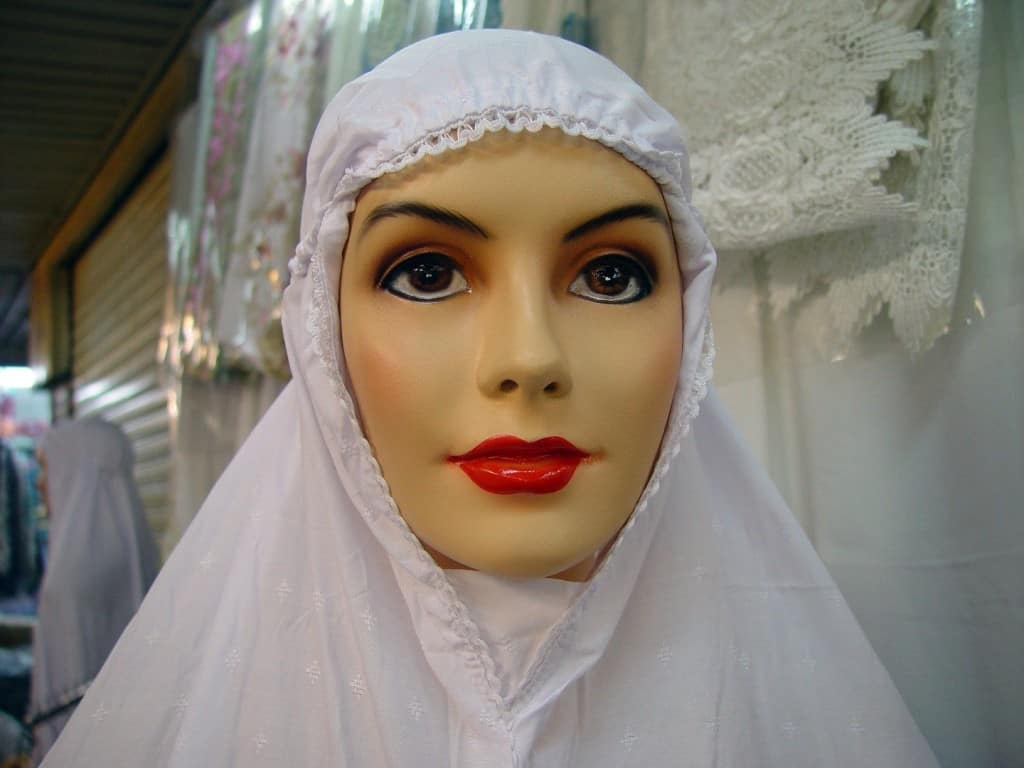19 Of The Strangest Things That Are Against The Law Around The World
Entertainment, History, Lists, Other, Science, Travel, WeirdA lot of people in North America believe that they have a difficult time with certain rules that have been put in place by the government. A lot of state laws don’t allow people to do things like drive without a seat belt, use non-prescription drugs, or ride your bike without a helmet. While these may seem like annoying rules, they are nothing compared to the list below. This list contains nineteen of the weirdest laws from all around the world, and different things that certain countries have banned.
Greece – Video Games

In 2002, the Greek government decided to crack down on illegal gambling – specifically electronic gambling. They found that a lot of people were gambling via video games, and banned the games and systems altogether.
Romania – Scrabble

What is viewed as a leisurely pastime for so many people around the world is considered illegal in Romania. The Romanian president during the 1980’s banned the game because he considered it “overly intellectual” and “a subversive evil.”
United States – Haggis

Haggis is a Scottish food made from a sheep’s lung. This food has been illegal in the United States for almost 4 decades. Why? Fluids sometimes make their way into the lungs of an animal during the slaughtering process, and this is considered unsafe in terms of food safety and handling.
Sweden – Spanking

Although most countries have laws surrounding child abuse, in most cases parents are still allowed to physically discipline their child, as long as it does not cross the line of abuse. In Sweden, however, parents are not permitted to spank their child at all.
Malaysia – Yellow Clothing

In 2011, Malaysian government decided to ban any yellow clothing, including shirts, pants, bracelets, shoelaces, and hats. The reason for this new law was that yellow was the main color for the opposition political party in Malaysia. Talk about tyrannical.
Saudi Arabia – Valentine’s Day

Not everyone particularly enjoys Valentine’s Day (especially single people), but as a holiday that generates a significant income towards a nation’s economy, one would assume that a country would want to keep that holiday alive. However, Saudi Arabian government officials banned Valentine’s Day because it is based off of a Roman Catholic saint, and is not an Islamic holiday. Stores are not permitted to sell anything red, or anything considered a “symbol of love.”
Russia – “Emo” Clothing

In 2008, the Russian government made a proposition to ban teenage subculture rock music styles such as emo and goth from the country’s schools. Although the proposition was protested, the government dubbed the style a “threat to national stability” and banned it as an attempt to reduce the teen suicide rate.
The Philippines – Claire Danes

In a 1998 interview with Premiere, Claire Danes made certain remarks about the city of Manila. More specifically, she said that the city smelled like cockroaches, and that the people that lived there didn’t have arms, legs, or eyes. The President of the Philippines at the time, Joseph Estrada, said that the remarks were uncalled for and that she was no longer welcome in the Philippines. They took it even further by banning any movies that she acted in from being sold or purchased within the Philippines.
Iran – Mannequins

In 2009, the Iranian government issued a ban on mannequins – not all mannequins, but any mannequins that were not adhering to religious dress codes, and any mannequins that were deemed “too curvy.” They also made it illegal for men to sell women’s underwear.
China – Time Travel

Chinese government officials decided to ban TV shows and films with themes surrounding time travel, as they found history to be depicted in a “frivolous” or “disrespectful” way. No Doctor Who for China!
France – Ketchup

In France, ketchup is banned for use as a condiment with any food – except for French fries.
United States – Furbies

Although it wasn’t a nationwide ban, the NSA did ban the popular toy from being used within their headquarters or within the homes of any of their employees. Apparently, the NSA was paranoid that the toy could be recording confidential information.
China – Reincarnation Without Government Consent

In one of the world’s most absurd acts of totalitarianism, China has banned Buddhist monks from reincarnating without the government’s permission. This effectively gives the Chinese authorities the power to choose the next Dalai Lama, as the current one is reborn as a new human to continue their efforts of relieving suffering.
Bangladesh – Plastic Bags

This is one of the more positive bans. In 2002, after discovering that plastic grocery bags were clogging their drainage system, Bangladesh decided to ban plastic bags altogether. Many countries followed suit, including France, Tanzania, Mexico, India, Rwanda, and some cities in the U.S. and U.K.
Singapore – Chewing Gum

In 1992, the government in Singapore decided to ban chewing gum as a part of an initiative to clean up the streets and sidewalks of the city, and to keep public places clean.
Canada – Baby Walker

Most people remember growing up with these toys – babies and toddlers would sit in them and it would permit them to walk around, without having to rely on their own balance. In Canada, however, these toys are illegal. There are two reasons for the ban. The first is that there were many reports of children falling down the stairs in these toys, and the second was because the babies who used the walkers were showing signs of delayed motor development.
China – Gaming Consoles

In China, the government banned the use of any gaming console in the year 2000. This rule was put into place as an effort to prevent the youth from wasting their time. This is slightly ironic, considering that many gaming systems and video games themselves are developed and manufactured within China.
Denmark – Fortified Foods

Denmark’s government has a fear of vitamin-fortified foods, and under their Food Safety laws enacted in 2004, they have restricted the sale of any food or product with added vitamins and minerals.
Iran – Haircuts

In 2010, the Iranian government banned any form of “Western haircuts” or any haircut that was “un-Islamic.” They sent out a photographic catalog of permissible ‘Islamic’ hairstyles, and specifically banned all mullets, ponytails, and spikes.



